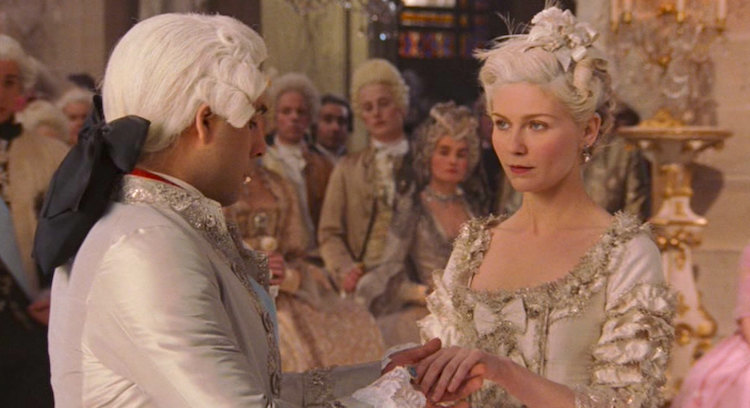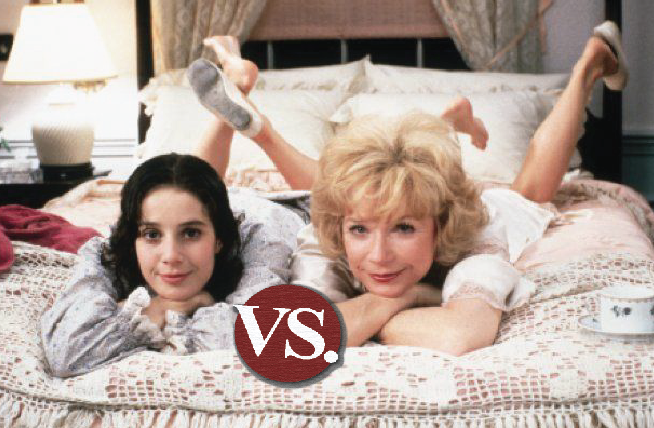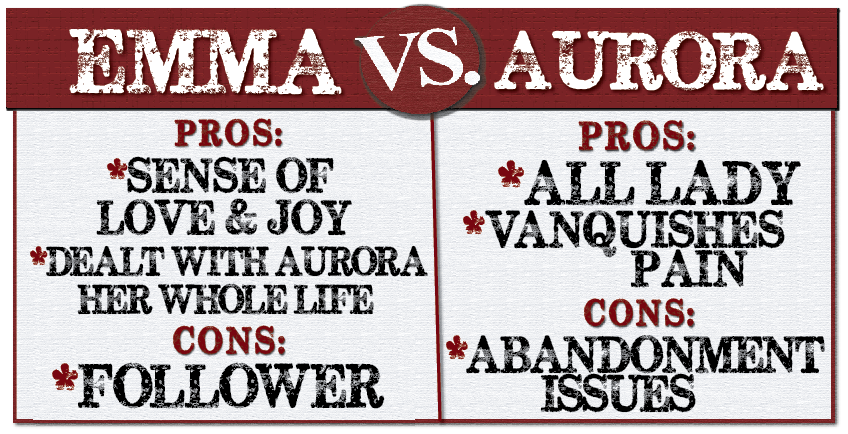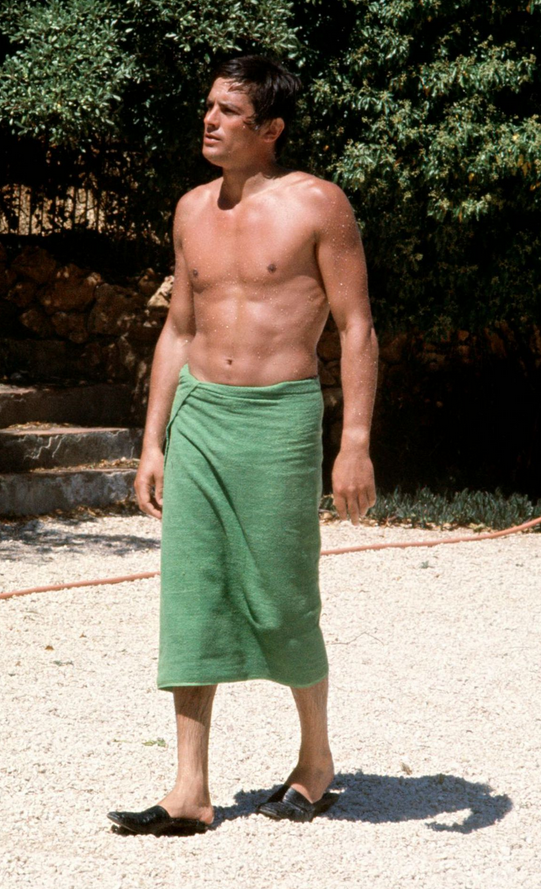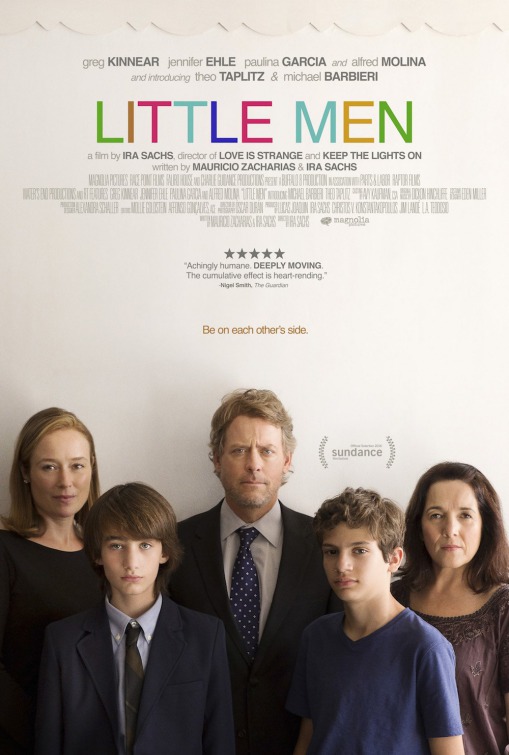Stage Door: The Father
 Monday, May 16, 2016 at 6:00PM
Monday, May 16, 2016 at 6:00PM Frank Langella is an imposing figure. Standing 6'4" tall, with a countenance absolutely befitting a man who has played both Dracula and Richard Nixon, the man simply looks like a force to be reckoned with. His sense of gravitas demands attention and respect. All of which makes what he does in Manhattan Theater Club's Tony-nominated production of Florian Zeller's play The Father even more impressive.
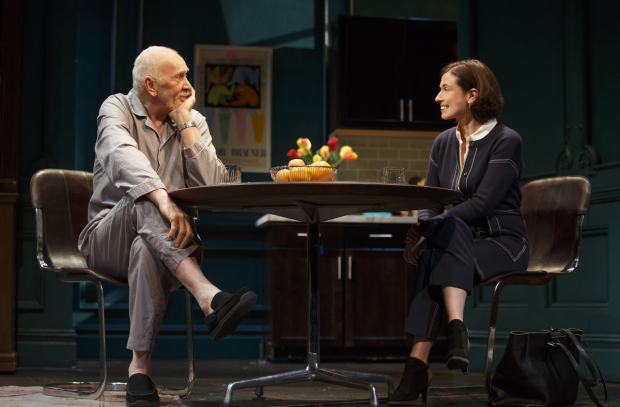
Langella plays André, an elderly man living in Paris with his daughter, Anne (Kathryn Erbe). At the start of the play, Anne is explaining why she has to get him a new helper: The last one apparently quit after André called her "a little bitch" and threatened her with a curtain rod. For his part, André at first denies the incident, then laughs it off, saying that he is perfectly competent to care for himself.
And here is where talking about the play gets difficult...



